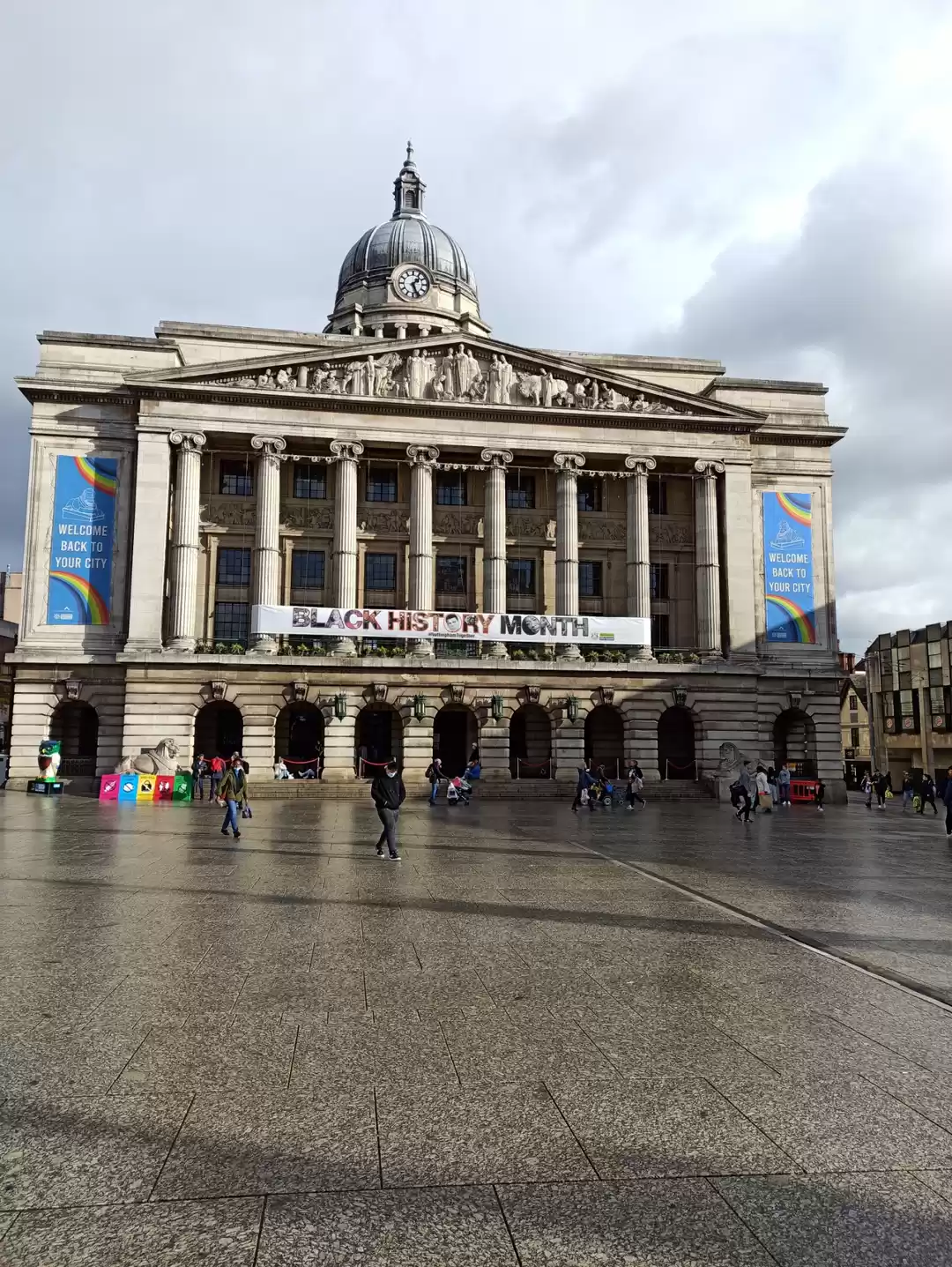Bournemouth Tourism and Travel Guide
Bournemouth /ˈbɔərnməθ/ is a large coastal resort town on the south coast of England directly to the east of the Jurassic Coast, a 96-mile (155 km) World Heritage Site. According to the 2011 census, the town has a population of 183,491 making it the largest settlement in Dorset. With Poole to the west and Christchurch in the east, Bournemouth forms the South East Dorset conurbation, which has a total population of over 465,000. Before it was founded in 1810 by Lewis Tregonwell, the area was a deserted heathland occasionally visited by fishermen and smugglers. Initially marketed as a health resort, the town received a boost when it appeared in Dr Granville's book, The Spas of England. Bournemouth's growth really accelerated with the arrival of the railway and it became a recognised town in 1870. Historically part of Hampshire, it joined Dorset with the reorganisation of local government in 1974. Since 1997, the town has been administered by a unitary authority, giving it autonomy from Dorset County Council although it remains part of the ceremonial county. The local council is Bournemouth Borough Council. The town centre has notable Victorian architecture and the 202-foot (62 m) spire of St Peter's Church, one of three Grade I listed churches in the borough, is a local landmark. Bournemouth's location has made it a popular destination for tourists, attracting over five million visitors annually with its beaches and popular nightlife. The town is also a regional centre of business, home of the Bournemouth International Centre or BIC, and a financial sector that is worth more than £1,000 million in Gross Value Added.





